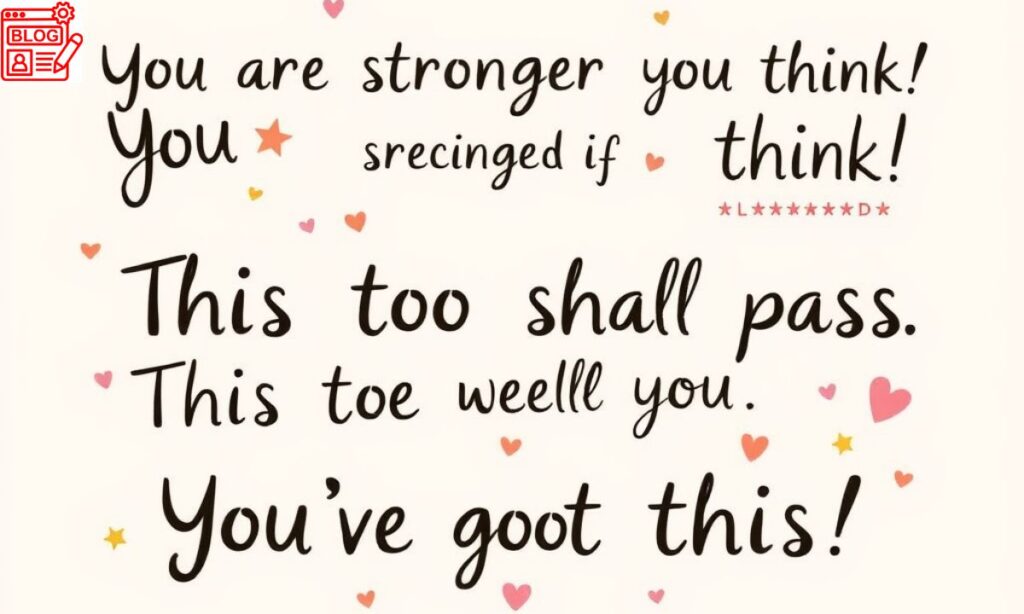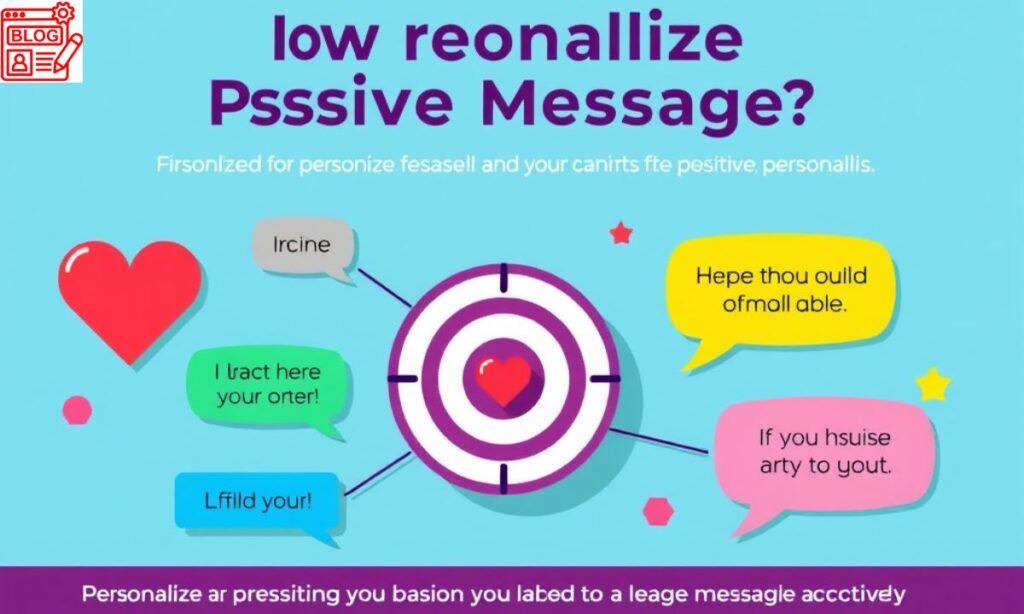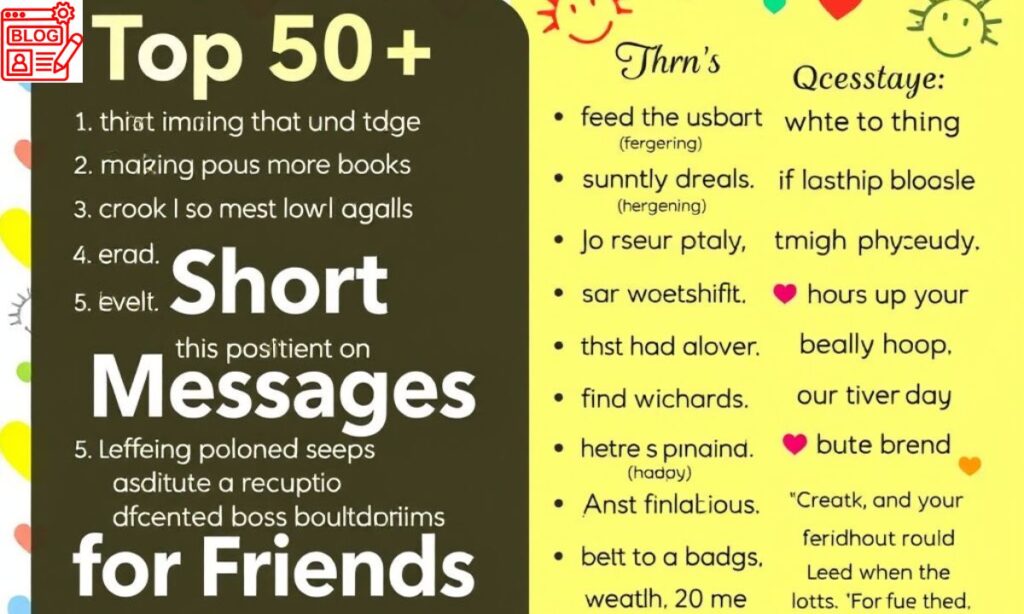Friendship is one of life’s greatest treasures, and sometimes a few kind words can brighten someone’s entire day. Short positive messages are perfect for showing your friends you care without being overwhelming. These quick notes can lift spirits, offer encouragement, or simply remind someone they matter.
Whether you’re texting during a busy day or leaving a note, brief messages pack powerful emotional impact. Friends appreciate knowing they’re thought of, especially during challenging times. A simple positive message can strengthen bonds and spread joy in just a few words.
Jokes About Smiling to Look Like a Monkey 🐵😄
Humor brings people together and creates lasting memories between friends. When someone teases you about smiling like a monkey, turning it into a joke shows confidence and self-acceptance. These playful comments can actually strengthen friendships by showing you don’t take yourself too seriously.
- Why did the monkey become a dentist? Because everyone said his smile was bananas! 🍌
- My friend said I smile like a monkey, so I started charging admission to the zoo! 🎪
- What do you call a monkey with a perfect smile? A grin-illa! 🦍
- I told my dentist I smile like a monkey, now he wants to study primates! 🦷
- Why don’t monkeys need braces? Their smiles are already wild enough! 🐒
- My monkey smile is so contagious, even the bananas start grinning! 🍌
- What’s the difference between my smile and a monkey’s? The monkey looks more professional! 💼
- I went to a job interview smiling, they asked if I escaped from the zoo! 🏃♂️
- Why did the monkey get cast in a toothpaste commercial? His smile was absolutely ape-pealing! 📺
- My mom says I smile like a monkey, at least someone in the family has good genes! 🧬
- What do you call a monkey who works at a photo studio? A snap-happy chimp! 📸
- I smile so much like a monkey, Planet of the Apes wants to hire me as a consultant! 🎬
- Why don’t monkeys need comedy shows? Their natural smiles are already hilarious! 🎭
- My monkey smile is so authentic, zoos keep trying to recruit me! 🎯
- What’s a monkey’s favorite type of photography? Smile shots, obviously! 📷
- I told my friend I smile like a monkey, now they bring bananas to cheer me up! 🎁
- Why did the monkey become a motivational speaker? His smile inspired everyone to go bananas! 🎤
- My dentist said I have a monkey smile, I asked if that comes with health insurance! 💊
- What do you call a stylish monkey with a great smile? A fashion-forward primate! 👔
- I embrace my monkey smile because at least I’m the happiest person in the room! 🎉
Encouraging Words for a Friend Going Through a Tough Time 💪❤️

Supporting friends during difficult periods requires genuine care and thoughtful communication. Encouraging words can provide emotional relief when someone feels overwhelmed by life’s challenges. The right message at the right time can remind friends they’re not alone in their struggles.
- You’re stronger than you know, and this difficult chapter won’t last forever, my friend. 🌟
- Every storm eventually passes, and I’ll be right here weathering it with you. ⛈️
- Your resilience amazes me, and I believe you’ll come through this even stronger. 💎
- Tough times don’t define you, but how you handle them shows your incredible character. 🦋
- I’m sending you all my love and positive energy during this challenging period. ✨
- Remember that asking for help is a sign of strength, not weakness, dear friend. 🤝
- You’ve overcome difficulties before, and this situation is just another mountain to climb. ⛰️
- Your friendship means the world to me, and I’m here for whatever you need. 🌍
- This pain you’re feeling is temporary, but your strength and courage are permanent. 🔥
- I see how hard you’re fighting, and I’m so proud of your determination. 🏆
- Better days are coming, and until then, lean on me for support and comfort. 🌅
- Your struggles today are building the wisdom and compassion you’ll share tomorrow. 📚
- I believe in you completely, even when you’re finding it hard to believe in yourself. 🙏
- You don’t have to face this alone because true friends stick together through everything. 👫
- This challenging time is just a pause, not the end of your beautiful story. 📖
- Your heart is brave, your spirit is unbreakable, and your future is still bright. 💝
- I’m grateful to call you my friend, especially during times when you need extra support. 🫂
- You’re allowed to feel overwhelmed, but please remember that healing takes time and patience. 🕰️
- Every small step forward is progress, and I’m cheering you on every single day. 📣
- Your friendship has brought so much joy to my life, now let me return that favor. 🎪
Using Positive Messages to Strengthen Friendships 🤝✨
Regular positive communication builds stronger emotional connections between friends over time. Positive messages show friends they’re valued and appreciated in your daily life. These uplifting words create a foundation of support that helps friendships weather difficult periods.
- Regular positive messages show friends they’re valued and create deeper emotional connections between you. 💕
- Simple encouragement texts can turn someone’s bad day around and strengthen your bond permanently. 🔄
- Sharing uplifting words consistently builds trust and shows you’re a reliable, caring friend. 🏗️
- Positive messages during celebrations make happy moments even more special and memorable together. 🎊
- Sending supportive notes during tough times proves your friendship can weather any storm. ⛅
- Random compliments and affirmations make friends feel appreciated and boost their self-confidence naturally. 💪
- Positive communication creates a safe space where friends feel comfortable sharing their vulnerabilities. 🛡️
- Uplifting messages remind friends of their strengths when they’re struggling with self-doubt. 🌟
- Consistent positive interaction builds a foundation of mutual respect and genuine care. 🏛️
- Sharing encouraging words helps friends see themselves through your loving, supportive perspective. 👀
- Positive messages create shared moments of joy even when you’re physically apart. 📱
- Uplifting communication shows emotional maturity and strengthens the quality of your friendship. 🎯
- Regular encouragement helps friends develop resilience and confidence in facing life’s challenges. 💎
- Positive messages become precious memories that friends can revisit during difficult times. 📝
- Supportive words show you’re paying attention to your friend’s life and genuinely care. 👂
- Encouraging messages help friends feel less alone and more connected to their support system. 🌐
- Positive communication sets a healthy tone for the entire friendship and future interactions. 🎵
- Uplifting words can inspire friends to pursue their dreams and take positive risks. 🚀
- Regular positive messages create a habit of focusing on the good in your relationships. 🔍
- Encouraging communication helps both friends develop more optimistic outlooks on life together. 🌈
Why Personalizing Positive Messages 🎯💝

Personalized messages demonstrate genuine understanding of your friend’s unique personality and current needs. Generic encouragement feels hollow compared to words specifically crafted for individual situations. Tailored positive messages show you’re paying attention to important details in your friend’s life.
- Personalized messages show you truly know and understand your friend’s unique personality and needs. 🧩
- Generic messages feel hollow, but personalized ones demonstrate genuine thought, care, and emotional investment. 💭
- Tailored positive words address specific situations and make your friend feel truly seen. 👁️
- Personal touches in messages prove you’re paying attention to your friend’s life details. 🔍
- Customized encouragement resonates deeper because it speaks directly to their individual struggles and strengths. 🎪
- Personalized messages create lasting emotional impact because they feel authentic and specially crafted. 💎
- Individual touches show respect for your friend’s unique journey and personal experiences. 🛤️
- Tailored positive words demonstrate the time and effort you’re willing to invest in friendship. ⏰
- Personalized messages avoid the awkwardness of one-size-fits-all generic compliments and encouragement. 🎭
- Specific references to shared memories make positive messages more meaningful and emotionally powerful. 📸
- Customized encouragement shows you understand their specific challenges rather than offering empty platitudes. 🎯
- Personal messages reflect the special bond you share and acknowledge your unique friendship dynamic. 🔗
- Tailored positive words help friends feel valued as individuals rather than just another contact. 👤
- Personalized messages show emotional intelligence and deepen the trust between true friends. 🧠
- Specific encouragement addresses real concerns and offers relevant support for their actual situation. 🛠️
- Personal touches make friends feel prioritized and important in your busy life. ⭐
- Customized messages demonstrate that you see and appreciate their individual qualities and contributions. 🏆
- Personalized positive words create stronger emotional connections because they feel genuine and heartfelt. ❤️
- Tailored encouragement shows you’re invested in their specific happiness and personal growth. 🌱
- Individual messages prove your friendship is special and worth the extra thought and effort. 💝
How Messages Blog Team Can Personalize a Positive Message for Your Friend ✍️🎨
Start by gathering specific details about your friend’s current interests, hobbies, and life situations. Reference shared memories, inside jokes, or special moments you’ve experienced together for deeper impact. Mention their unique strengths, talents, or qualities that you genuinely admire and want to celebrate.
- Use specific details about your friend’s interests, hobbies, or current life situations for authentic connection. 🎪
- Reference shared memories, inside jokes, or special moments you’ve experienced together for deeper impact. 📚
- Mention their unique strengths, talents, or qualities that you genuinely admire and appreciate. 💪
- Address current challenges they’re facing with specific encouragement rather than generic motivational quotes. 🎯
- Include their name throughout the message to make it feel more direct and personally meaningful. 📝
- Reference their goals, dreams, or aspirations to show you’re invested in their future. 🚀
- Use their preferred communication style, whether that’s humor, sincerity, or casual conversation tone. 🎭
- Mention specific ways they’ve positively impacted your life or made a difference recently. 💝
- Include details about upcoming events or milestones they’re excited or nervous about. 📅
- Reference their family, pets, or other important relationships they frequently discuss with you. 👨👩👧👦
- Use inside language, nicknames, or phrases that are special to your unique friendship. 🗣️
- Acknowledge their recent accomplishments, no matter how small, to show you’re paying attention. 🏆
- Address their specific fears or anxieties with targeted reassurance and understanding words. 🛡️
- Include references to their favorite activities, foods, movies, or other personal preferences. 🎬
- Mention how their personality traits make them an amazing friend and special person. ⭐
- Reference specific times they’ve shown courage, kindness, or resilience that impressed you. 💎
- Include details about shared future plans or things you’re looking forward to together. 🗓️
- Use their love language (words, gifts, time, touch, service) to craft the message appropriately. 💕
- Reference their professional life, studies, or other important commitments they’re managing well. 💼
- Include specific reasons why you’re grateful for their friendship and unique presence. 🙏
Frequently Asked Questions
How often should I send positive messages to friends?
Send positive messages naturally when you think of your friend, typically 1-2 times per week to avoid overwhelming them.
What if my friend doesn’t respond to my positive messages?
Don’t take it personally; some people prefer receiving messages without feeling obligated to respond immediately.
Can positive messages help repair damaged friendships?
Yes, consistent positive communication can rebuild trust and show your commitment to improving the relationship.
Should I send positive messages during arguments or conflicts?
Wait until emotions cool down, then send thoughtful messages that acknowledge the situation and express care.
How do I make positive messages feel genuine instead of forced?
Focus on specific things you genuinely appreciate about your friend rather than using generic compliments.
Conclusion
Positive messages serve as powerful tools for strengthening friendships and showing people they matter in your life. Whether you’re sharing a lighthearted joke about monkey smiles or offering encouragement during difficult times, your words can make a significant difference in someone’s day.
The key to effective positive messaging lies in personalization, timing, and genuine care for your friend’s wellbeing. Building stronger friendships through positive communication requires consistency and authenticity rather than perfection.







